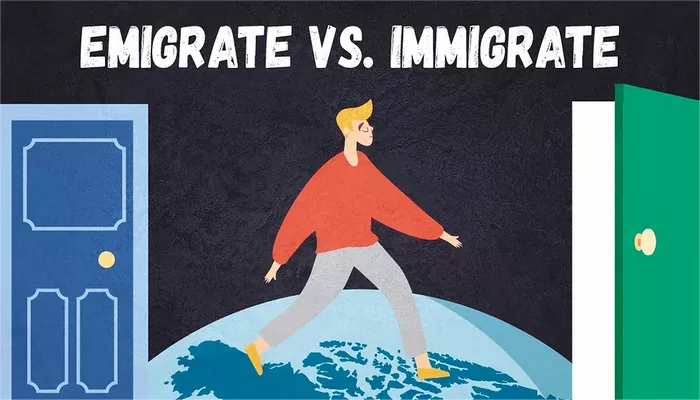Politicians worldwide are increasingly using anti-immigrant sentiment to gain support and votes, especially as the US presidential election nears.
While political rhetoric that stereotypes and scapegoats immigrants is well-known, its impact on immigrants themselves receives less attention.
A new article in the Journal of the American Medical Association (JAMA) and a book, Migration Stigma (MIT Press, 2024), discuss “migration stigma” as a destructive force linking immigration responses—such as prejudice and politics—to immigrants’ health.
“Migration stigma connects the politicization of immigration with its influence on physical and mental health,” says Lawrence Yang, a professor at the New York University School of Global Public Health, first author of the JAMA article, and lead editor of Migration Stigma.
The JAMA article explains that being labeled a migrant triggers negative consequences: stereotyping, separation, discrimination, and loss of social status. These factors create stigma, especially in power dynamics.
Stigma harms immigrants’ health in various forms. Structural stigma involves laws or policies treating groups differently based on their status. For immigrants, this can mean worse access to education, housing, health care, and jobs—all crucial for health outcomes.
Other forms of stigma are less obvious. Immigrants aware of negative political environments and stereotypes may feel shame and internalize these beliefs. Internalized stigma increases stress, leading to mental health issues like anxiety, depression, sleep disorders, and exacerbating PTSD among migrants who endured traumatic journeys. Fear of deportation may also deter immigrants from seeking medical attention and services that improve health and life opportunities.
“New immigrants aware of the US’s current inhospitable environment may avoid opportunities to maintain their health,” says Yang, also the founding director of the Global Mental Health and Stigma Program at NYU.
“A focus on migration and stigma offers a chance to break the cycle of harmful policies and rhetoric that fuel stigma and hurt immigrants’ health,” Yang adds. Interventions to reduce stigma can address labeling, stereotyping, “othering,” and loss of status.
“We can introduce new narratives to change labels, address stereotyping, or encourage anti-discrimination laws to ensure access to health care and education,” says Yang.
The JAMA article also suggests health professionals recognize that health and illness stem from social, political, and economic structures to avoid stigmatizing migrant patients.
The concept of migration stigma emerged from an international forum by the Ernst Stüngmann Foundation, which brought together scholars in stigma and migration to explore their connections.
“Although both fields examine prejudice and discrimination, formal collaboration between stigma and migration scholars was rare,” says Yang. This process coined the concept of migration stigma and launched this new research field.
Future studies will explore the migrant label’s impact on different life domains, its effects on other generations or associated racial or ethnic groups, and its long-term health consequences.
“By linking anti-immigrant politics and individuals’ health, we enable researchers and clinicians to understand and ideally promote public health,” the JAMA authors write.
Coauthors of the JAMA article include scholars from the University of California, Riverside; the Columbia Mailman School of Public Health; Umeå University; and the Center for Right-Wing Studies at UC Berkeley.


